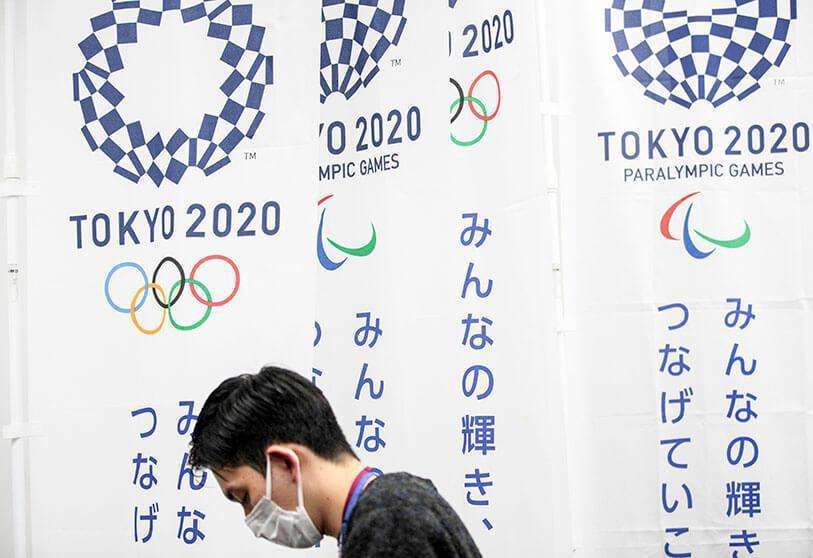Tokyo records record number of cases, government rules out impact on Olympics

The Japanese capital on Tuesday set a new daily record for coronavirus infections four days after the start of the Olympic Games, which are not expected to be cancelled in any case, Prime Minister Yoshihide Suga said.
The Tokyo Metropolitan Government reported 2,848 new cases of COVID-19 on Tuesday, the highest number to date since January, when the country was in its second wave of infection.
The data again show that infections are on the rise in the host country of the Games, and come in the midst of the competition that opened on the 23rd and with the Japanese capital under a state of health emergency.

The Japanese prime minister sought to play down the significance of the figures and their possible impact on the international Olympic event, responding in the negative to a question from local media on whether the government was contemplating a cancellation of the Games should the contagions continue to rise.
"We are taking measures to reduce the movement of people," said Suga, who called on the Japanese "to stay at home and enjoy the Games on television".
The Japanese leader said most of the new infections, around 70 per cent, are among people in their 30s and 40s, and noted that more and more infections of the new delta variant are being seen, speaking to the media after a meeting with his Cabinet.
Tokyo Governor Yuriko Koike highlighted the worrying increase in the number of people with severe symptoms in the capital and said it was important for young people to "get vaccinated as soon as possible".
In Japan, only 25.5 per cent of the population has received two doses of the vaccine, the vast majority of whom are over 65, according to the latest government figures.

Japanese medical experts have been warning of an expected rise in infections both in Tokyo and across Japan to more than 3,000 cases in the capital between late July and early August, based on virus incidence data and the detection of the most contagious strains.
Nationwide, the number today exceeded 7,000 cases for the first time since May and was close to the more than 8,000 cases seen last January, when the virus spread rapidly both in Tokyo and in neighbouring prefectures.
Faced with this scenario and with a view to the Olympic Games, the Japanese government decided to declare a new state of health emergency from 12 July until 22 August, by which time the Games will be over.
This exceptional measure, which the Japanese government has resorted to for the fourth time since the start of the pandemic, mainly entails restrictions for bars and restaurants, which are nonetheless being unevenly followed by businesses.
Suga, who is due to call a new general election in the months after the Games, has public support ratings of less than 30% among Japanese due to the government's erratic strategy against the pandemic and the unpopular decision to go ahead with the Games.
The sporting event is being held in a "bubble" format and with unprecedented health restrictions designed to prevent any contact and possible spread of the virus between foreign participants in the Games and the Japanese population.
In tests carried out on all those involved in the Games since 1 July, 153 infections have been detected, including those of 19 athletes or other members of Olympic teams, or 0.02% of all tests carried out, according to the organisers.








